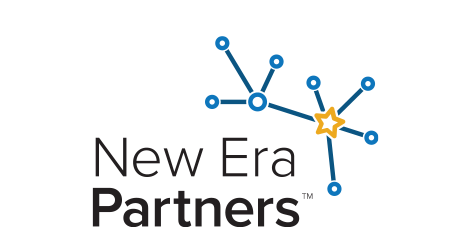Updated May 23, 2025
During a recent trip meeting with enterprise retailers, foodservice operators, and distributors, one question came up repeatedly: “How much will it cost to comply with FSMA 204?”
As with most complex initiatives, the answer is: it depends. But we’ve found that the most accurate budgets account for three key factors:
- Your compliance team: Who’s involved, and how much time will it take?
- Your supply chain complexity: How many partners and touchpoints?
- Your internal systems: Can they capture, store, and share required data?
Understanding these areas is essential for building a realistic FSMA 204 compliance budget early, giving you time to implement new systems and processes before the enforcement date.
💡 Looking for answers to common FSMA 204 questions? Check out iFoodDS’ helpful guide.
1. Your Compliance Team: People Power Comes First
Compliance starts with people. Most teams include representatives from:
- IT
- Legal and/or regulatory
- Food Safety
- Supply Chain
- Operations
- Warehouse
- Restaurant or Store Management
- Supplier Management
Your team structure will depend on the size and complexity of your organization but don’t cut corners—investing in experienced, cross-functional staff upfront pays dividends through time saved, fewer disruptions, and a stronger food safety culture.
Early collaboration among qualified team members on a clear systems assessment helps reduce costs and prevent unexpected challenges on the path to compliance.
2. Your Supply Chain Setup: More Moving Parts, More Planning
Enterprise supply chains are often sprawling, with numerous suppliers, distribution centers, and customer endpoints.
If you own and manage your distribution centers, compliance can be streamlined at that level. This ensures you collect shipping KDEs at receiving and provide them at delivery to your stores or restaurants.
If you use third-party distribution, more responsibility falls to individual locations. In this case:
- Plan for regular spot checks to ensure accuracy
- Adjust the frequency based on risk and confidence in partners
- Expect variation—some distributors will be better prepared than others
Ultimately, FSMA 204 pushes organizations to gain visibility into every handoff, all the way to the transformation or packing location.
3. Your Systems: Can They Deliver the Right Data—Fast?
One of FSMA 204’s key requirements is producing an electronic sortable spreadsheet within 24 hours of FDA request. That means you’ll need:
- Consistent data capture
- Centralized storage
- Fast, reliable data export
Start by auditing your existing systems. Common ones we review with clients include:
- ERP
- WMS
- Traceability systems
- Quality management tools
- Supplier management platforms
- Master data management systems
Can these systems handle:
- Traceability lot codes
- Differentiation between foods on the FTL and those not
- Required location, date, and quantity data
- Data ingestion and data sharing using a variety of methods
Often, the challenge isn’t whether you have the data—it’s where it lives and how quickly you can aggregate it. Some companies choose to centralize data into one solution; others manage multiple systems with a strong integration and export process.
If you invest in a new technology partner, ensure they meet minimum traceability requirements and support interoperability across your supply chain.
The Case for Digital Solutions
While digital traceability software may seem costly upfront, it delivers long-term efficiencies:
- Easier data capture, sharing, and reporting
- Fewer manual workarounds
- Stronger alignment with trading partners
Some enterprise networks share implementation costs with their suppliers, and many cloud-based platforms now offer scalable solutions that accommodate smaller partners without significant upfront investments.
A Smart Investment Beats the Cost of Inaction
There’s no one-size-fits-all solution, and your FSMA 204 compliance budget should reflect your organization’s size, risk tolerance, and operational complexity.
But remember: the most expensive option is not being prepared. Non-compliance could lead to failed audits, recalls, fines, or even public health crises—damaging your brand and bottom line.
Now is the time to assess, plan, and budget with confidence. Today’s thoughtful investment in people, processes, and technology will protect your business—and your customers—tomorrow.
Don’t Wait!
Set up a consultation with New Era Partners to get started.
Ready to start evaluating traceability solutions? Check out iFoodDS’ Trace Exchange solution to learn more about the most flexible, cost-effective platform for FSMA 204 compliance.


